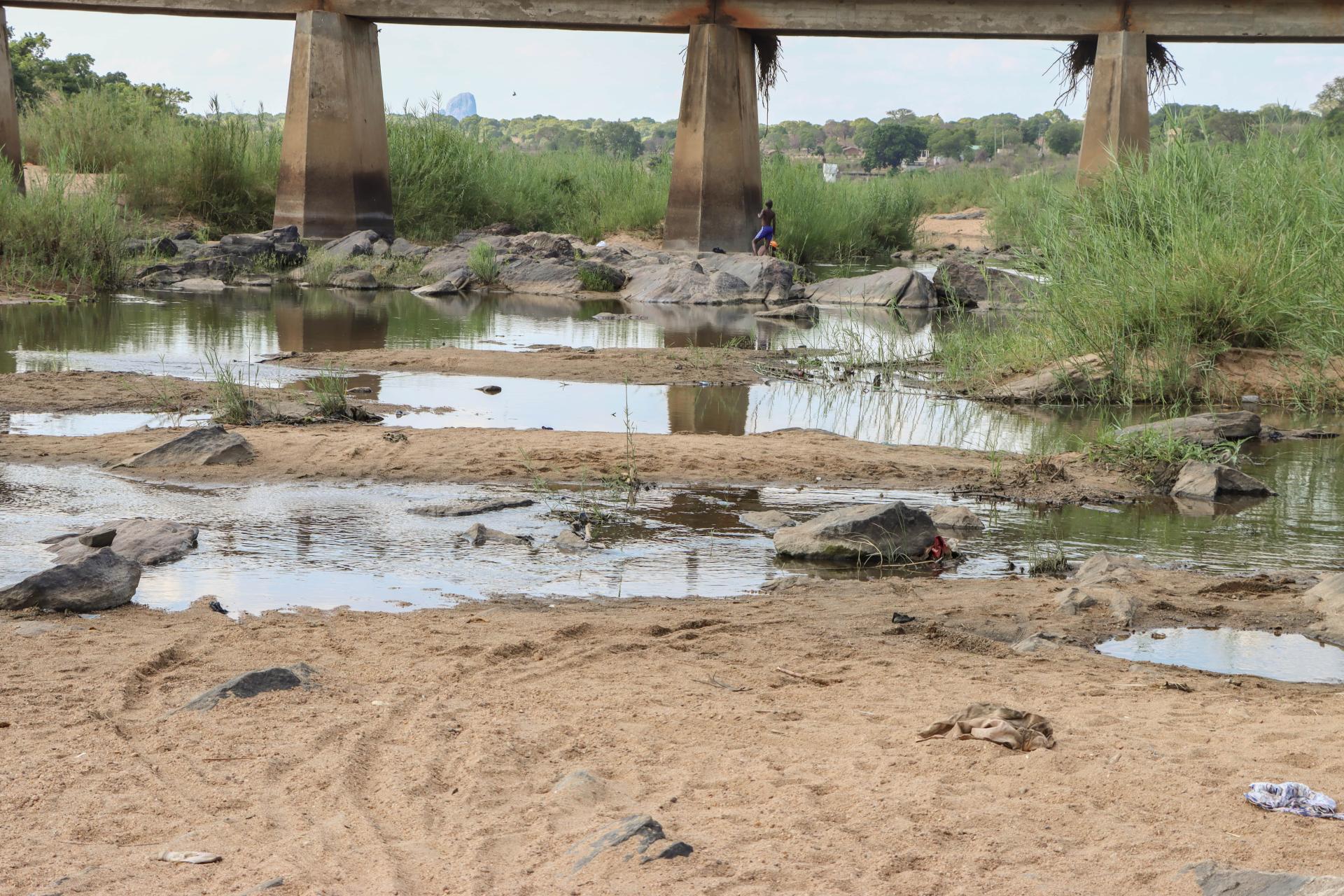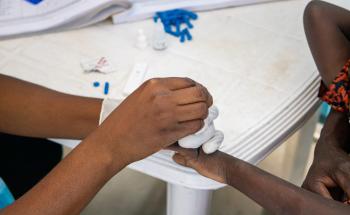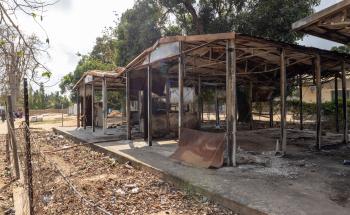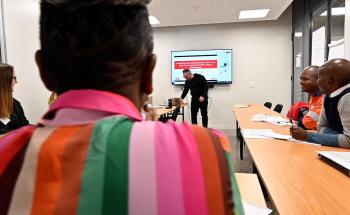As we mark World Environment Day on June 5th – under the theme Land Restoration, Halting Desertification and Building Drought Resilience – we want to share a simple message: we have only one planet and the time is now to take responsibility for it; nourish our earth and protect its ecosystems.
MSF works in the most climate-vulnerable settings and is witnessing first-hand the worsening of the health of susceptible communities. In the past year alone, we have continued to witness and respond to the consequences of extreme weather events in Southern Africa, including floods that cut off entire villages from healthcare services in Malawi. Back-to-back cyclones and droughts left thousands of children suffering from severe acute malnutrition and malaria in southeastern Madagascar, and flooding destroyed water infrastructure causing concurrent cholera outbreaks in Mozambique and Zimbabwe.
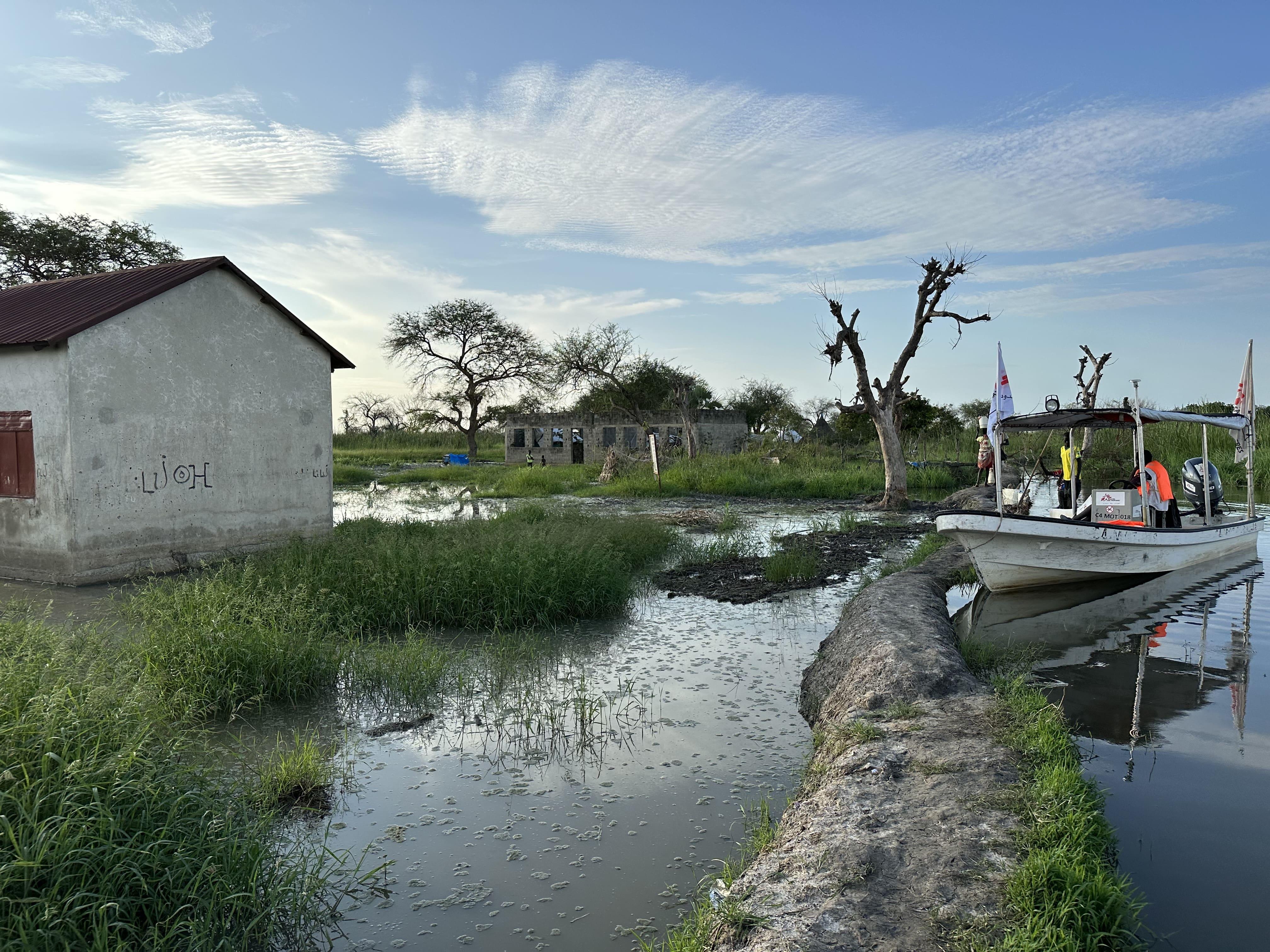
The climate crisis caused by climate change is a health crisis and a humanitarian emergency that is happening now, and the effects are devasting. The year 2023 was declared the hottest year on record. People across the world experienced threats to their health caused by unprecedented temperature extremes, flooding, droughts and the outbreak of infectious diseases. We believe that 2023 was a mere preview of the catastrophic future that awaits if the most at-risk people, such as women and girls, children, the elderly, people living with other health concerns, migrants, internally displaced people and people living in extreme poverty do not see climate action that equals the scale of the climate emergency.
As we continue to explore ways to adapt to the challenges posed by the climate crisis and develop new integrated approaches to address the shifting contextual environment that we find ourselves in as a medical emergency humanitarian organisation, we cannot leave communities behind.Neo Tsotetsi - MSF Climate Engagement Coordinator
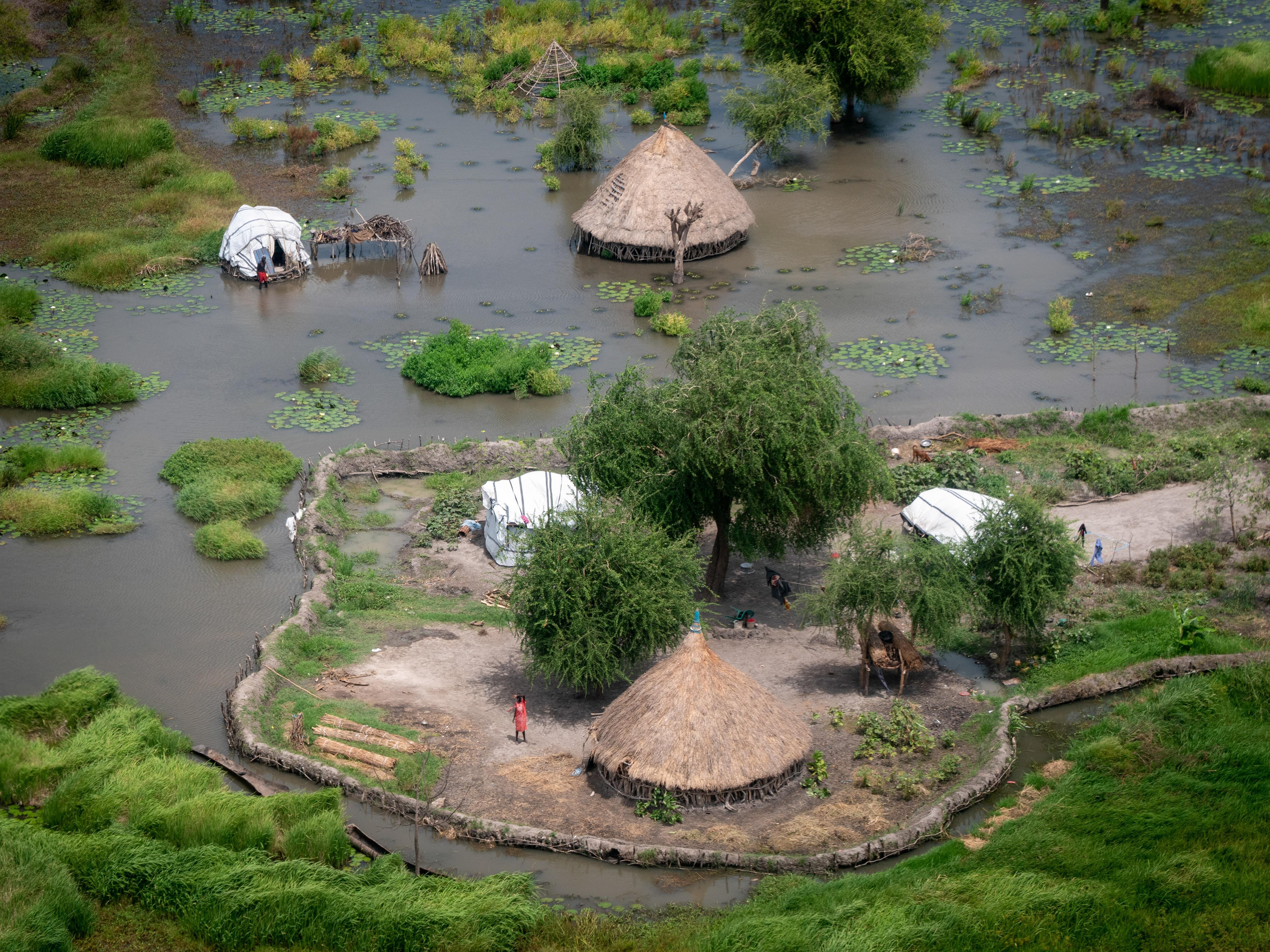
Southern Africa is one of the most vulnerable regions to climate change, and its vulnerability is further aggravated by its low adaptive capacity. Climate change is, therefore, a threat multiplier for the region’s most poor and under-served communities. Building communities’ resilience to climate shocks and advocating for climate-resilient healthcare systems must, therefore, be viewed as a humanitarian imperative for saving lives. Climate-sensitive Neglected Tropical Diseases (NTDs) such as schistosomiasis, scabies and lymphatic filariasis are a growing challenge in the cyclone and drought-prone province of Nampula in Mozambique.
In response, MSF’s Planetary Health project is implementing sustainable water and sanitation initiatives encompassing health education, resilience building, adaptation strategies through rainwater harvesting infrastructure and the rehabilitation of traditional wells and boreholes. What is most transformative about this project is its people as partners strategy built on the belief that the community itself drives the change they seek. MSF collaborates with the community and local authorities to “decrease the prevalence of NTDs and ensure enduring resilience against the challenges posed by climate change” (MSF 2024).
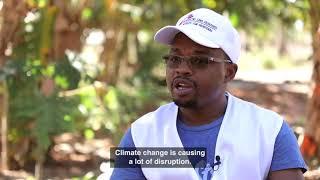
Climate Change: 40 years of intervention MSF in Mozambique - Adamo Armando Palame
As we continue to explore ways to adapt to the challenges posed by the climate crisis and develop new integrated approaches to address the shifting contextual environment that we find ourselves in as a medical emergency humanitarian organisation, we cannot leave communities behind. Partnering with communities and recognising the value of the indigenous knowledge they hold is key for building adaptation and resilience against climate change. Indigenous people have acquired the wisdom, knowledge and practices to adapt to environmental changes over generations. Their experience and an intimate understanding of their local contexts make them our most important partners as we address the climate crisis.
